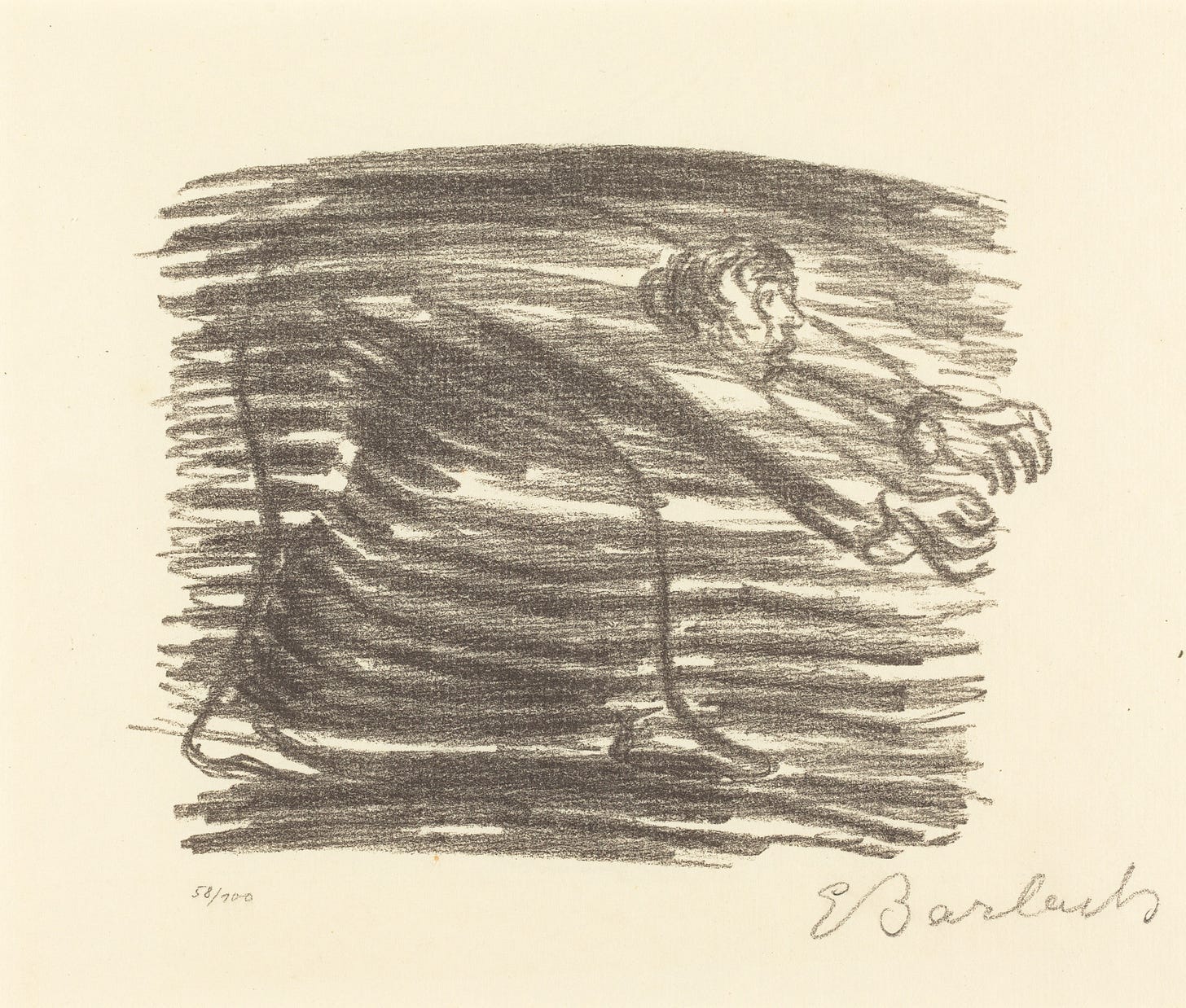Writing is a mindset
The writing part is completely optional
It is the art of thinking, and sometimes, not thinking.
There is no poem, no essay, no four-pound tome without at least a few hours of staring blankly at a wall, or out the window, thoughts adrift, wondering if the neighbors always had that fence. Perhaps they painted it. Or lowered it. (Do people pay to do that? Those Andersons might.)
Walking too, is essential to writing, and especially, avoiding writing. A leisurely stroll serves as a wonderful excuse and inspiration. We write with our feet as much as our hands; walking can be wending your way through the morass in your mind.
Reading is integral. Reading is how we learn that we are bored by reading. Reading teaches us words, like "profligate," that most folks never utter out loud. Through reading we learn to appreciate the nuances of language, so that we may hamfistedly jam said nuance into our own work. Reading is grist for the mill, food for naught, and fries for the table.
Writing is many things.
Writers listen with ears tuned to the vast spectrum of frequencies of everyday speech. They stuff their sack with twists of phrase (“We frenched in England”). Their scales register the most featherweight of meaning (“I've tried therapy; I've tried drugs”). Their shoulders shrug when accused of eavesdropping (“Of course”).
Musing and daydreaming, the eleganza of an aimless mind, are useful to writers. Especially when you’ve consumed both halves of a rueben sandwich at lunch and are feeling sleepy. A hypnogogic tunnel is a wellspring for new ideas and possibilities; and the more you dream, the longer you can avoid putting those ideas into practice.
Writing is done by writers and by people who are anything but.
You may not wear the moniker, but if you are at all obsessed with living, and do as much of it as possible, and occasionally foist marks on paper in the form of words, then congratulations: you are a writer, and that is a way of life.

